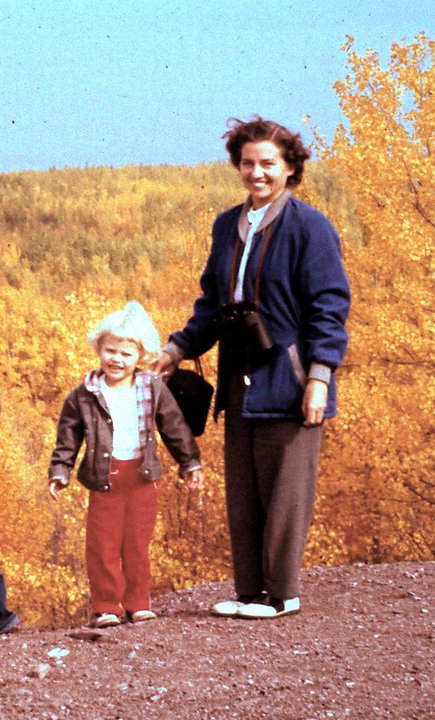I was pleased that little granddaughter Kaylee was sound asleep. She had seen me cry enough throughout this last year, each time, hugging me, “Are you missing Grandpa and Grandma ?” she would ask.
“Yes, honey,” I’d answer, thankful to receive and return the hug, but forcing the smile. Her tenderness brought me back. Her smile gave me focus. And with it came new strength.
But this night, as I left her sleeping, I could feel the tears welling up. These tears – tears from missing someone so desperately, knowing you’ll never see her again in your life time – don’t well up in the eyes. They build in a pressure beginning at both sides of the top of your neck, spreading behind your ears, instantly to the sides of the bridge of your nose, then flooding your eyes and overflowing down your face.
“Nana, will you sing to me?” Kaylee had asked, just a few minutes earlier.
It had become our nightly ritual. Kneeling beside her bed, rubbing her back or stroking her cheek as her mommy had, singing her to sleep. My repertoire usually consisted of “Go Tell Aunt Tabby,” “Bye-Baby Bunting,” and my made up song for Kaylee:
Sweet dreams, my Kaylee Joy;
Sweet dreams to you.
Dream about butterflies,
Dream about baby dolls,
Dream about teddy bears too.
And each night, after several made up verses, my soft singing turned to quiet humming; and eventually diminished, as I left the room and walked down the hall. She was contented and asleep.
But this night, as I knelt by her bed and had sung several verses of Kaylee’s made up song, I quietly hummed two notes – the fifth and the third notes of a chord – and those two tones immediately took me back in time. . .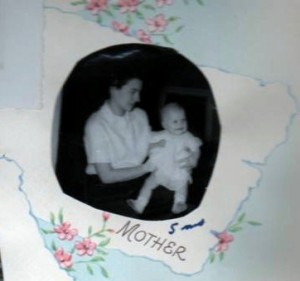
. . . to my mother’s arms.
She was holding me. I felt the warmth of her arms. I looked into her face. I could see my chubby little arm reaching up to her soft cheek. She was humming the song to me – the same two tones. I was tiny – perhaps a few months – perhaps a year. In all my memories, I’ve never had one of such a young age. I felt so small. I remembered being a baby! It was so peaceful but oh so brief! Nearly as soon as the memory had come, it was gone! I was back in the present! Back in reality!
As I left Kaylee’s room that night, the other tones, the melody of the song, came to mind, and the words came a bit later. This time, I wasn’t taken back in time but I sat in the dimly-lit living room, closed my eyes, and allowed myself to picture and hear my mother singing – the little chorus I hadn’t heard in years:
When you pray, will you pray for me
For I need His love and His care
When you pray, will you pray for me
Will you whisper my name in your prayer.
At the close of the day, when I kneel to pray
I will remember you
You need help every day, this is why I pray
And I will remember you.
When I pray, I will pray for you
For you need His love and His care
When I pray, I will pray for you
I will whisper your name in my prayer.
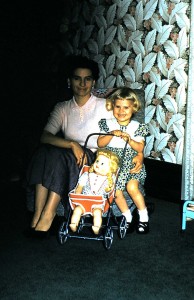 Tonight, Mama, when I pray, I will whisper your name in my prayer:
Tonight, Mama, when I pray, I will whisper your name in my prayer:
Thank you, Jesus, for my Mama, who held me and sang to me and prayed for me. And thank you, Jesus, for the wonderful memory .
Click here to listen to the Gaithers sing “When You Pray.” It’s not as sweet as my Mama’s voice, but you’ll get the idea! 🙂

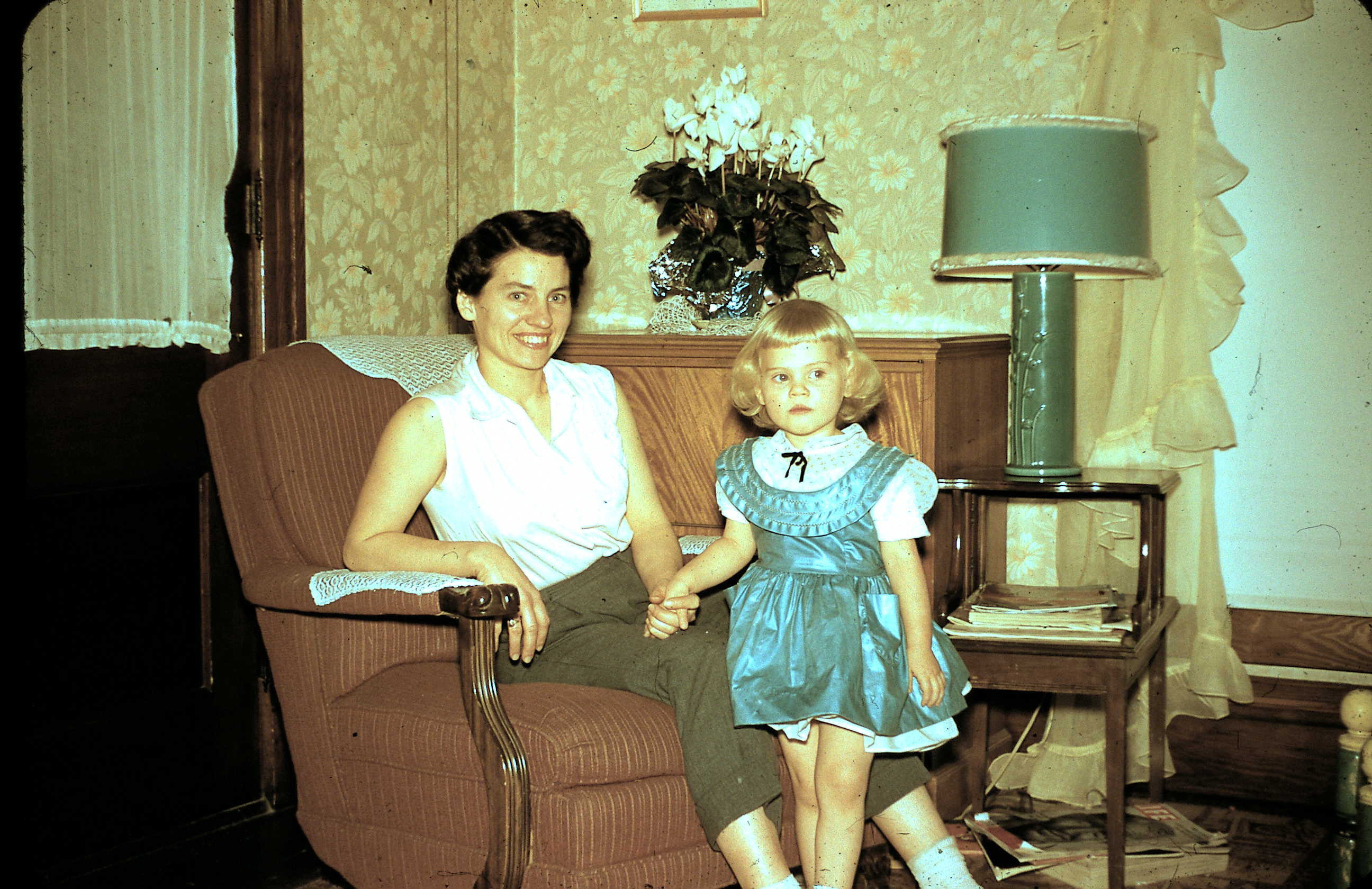
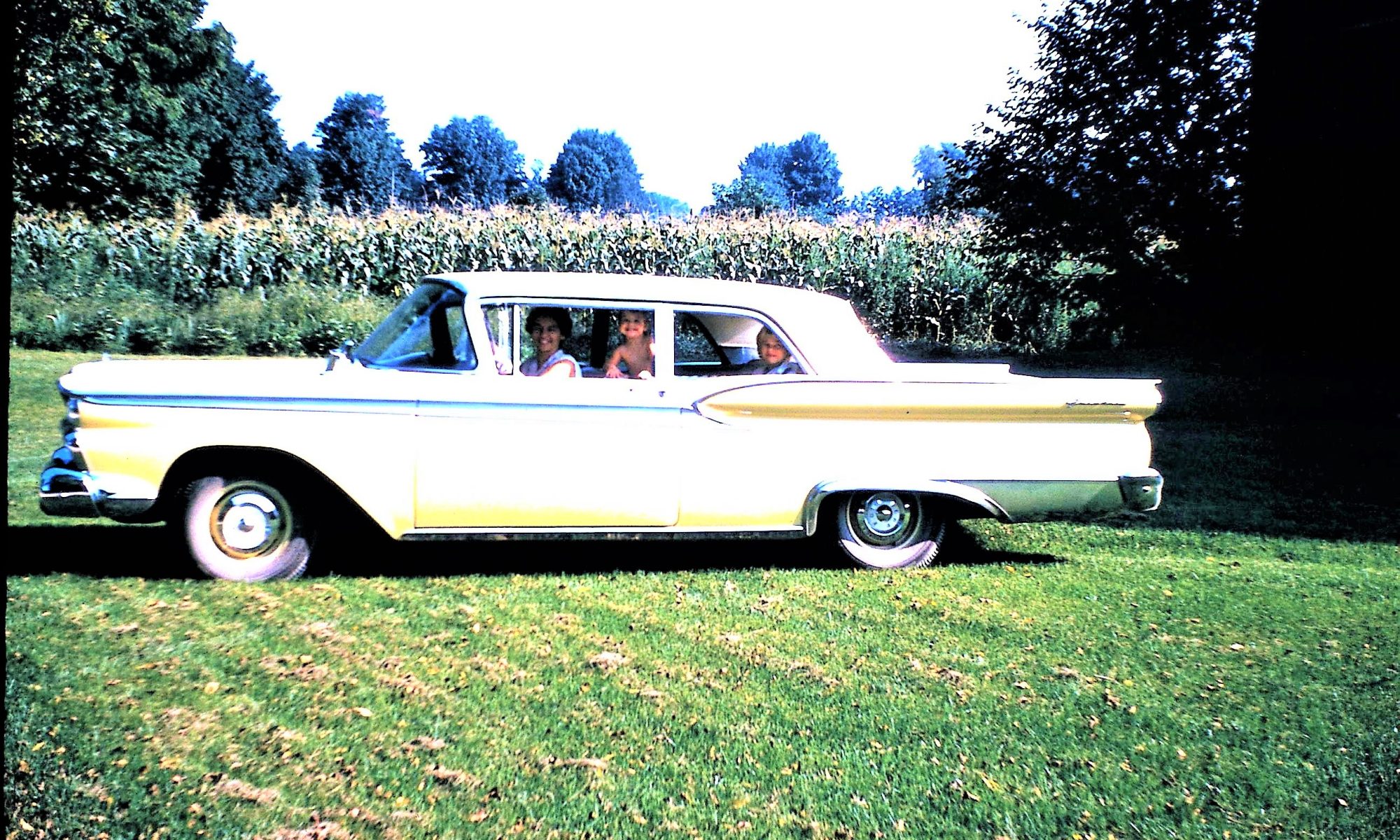
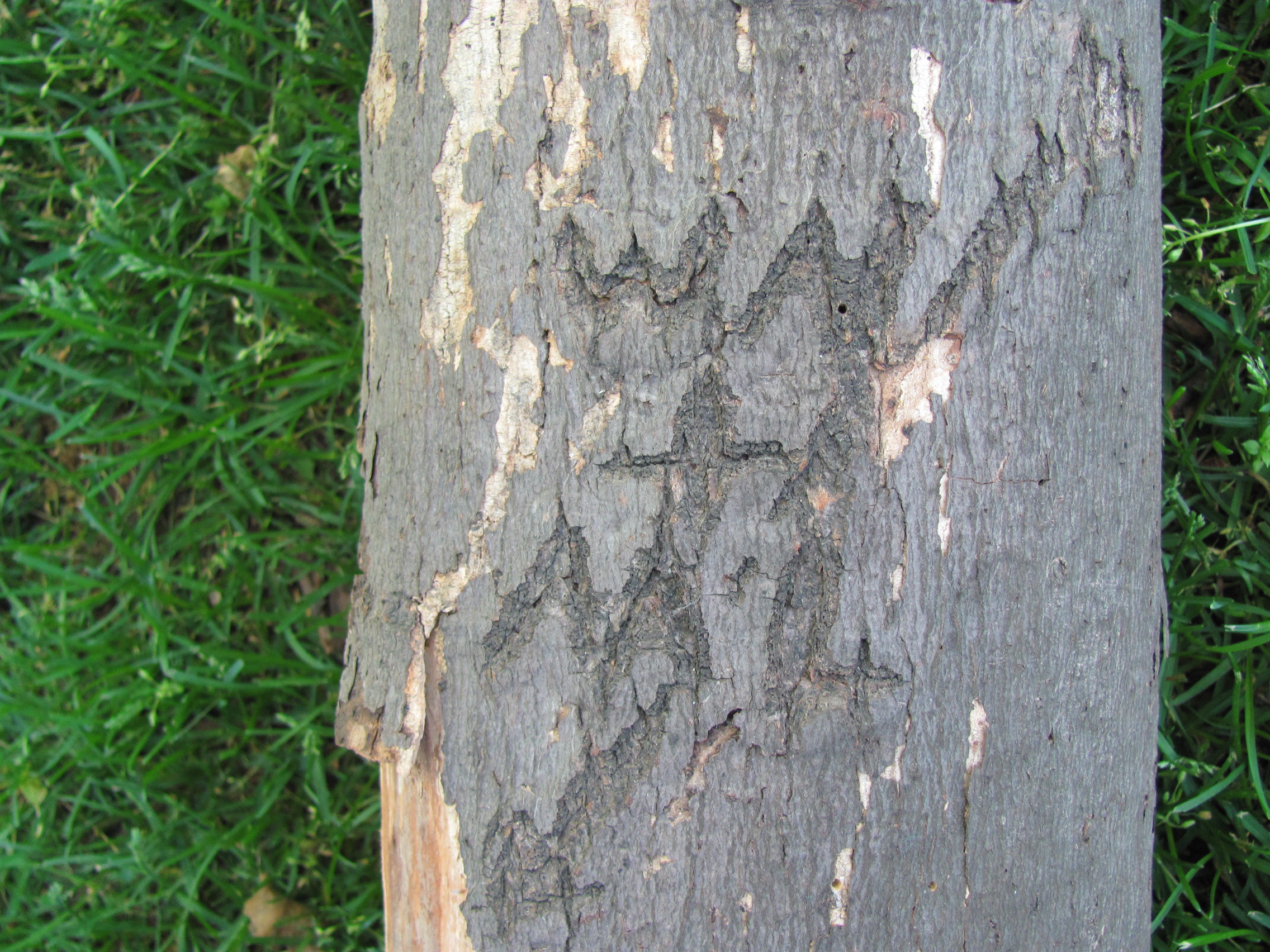
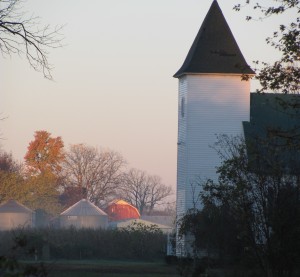
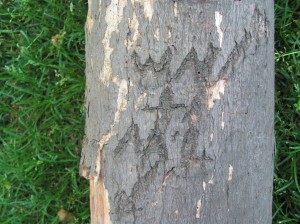
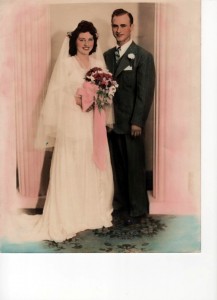
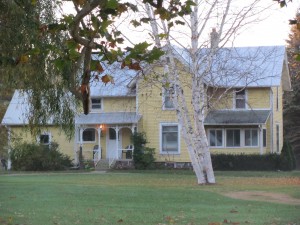
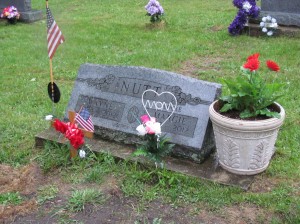 Their old bodies are buried together in the cemetery on the hill – just a few hundred yards from that carved tree in the woods!
Their old bodies are buried together in the cemetery on the hill – just a few hundred yards from that carved tree in the woods!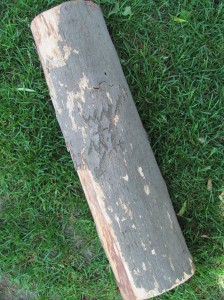 If you stand high on the cemetery hill and look over the dark green tops of the trees in the woods below, you’ll see an empty space where the carved tree once stood – empty because the tree died, too. But if you look deeper, down through the green, onto the floor of the woods, you’ll find saplings and seedlings, sown from the seeds of the old tree. They’re growing and reaching up toward the sky and the sun. They welcome the spring rains but are frightened of the fierce storms of late summer and winter. They grow taller and stronger in each season, and they praise their Maker as they see the Son after each storm.
If you stand high on the cemetery hill and look over the dark green tops of the trees in the woods below, you’ll see an empty space where the carved tree once stood – empty because the tree died, too. But if you look deeper, down through the green, onto the floor of the woods, you’ll find saplings and seedlings, sown from the seeds of the old tree. They’re growing and reaching up toward the sky and the sun. They welcome the spring rains but are frightened of the fierce storms of late summer and winter. They grow taller and stronger in each season, and they praise their Maker as they see the Son after each storm.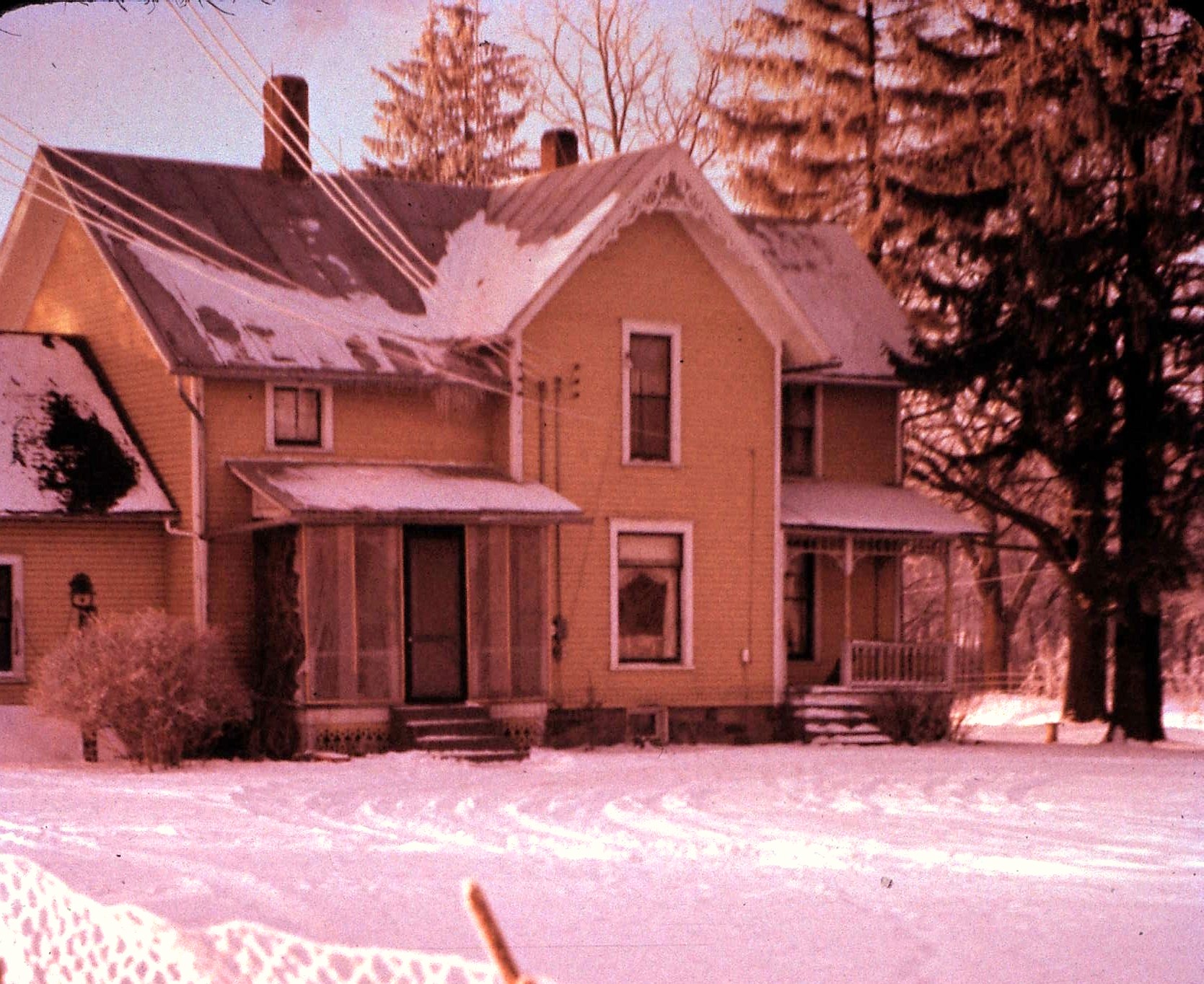

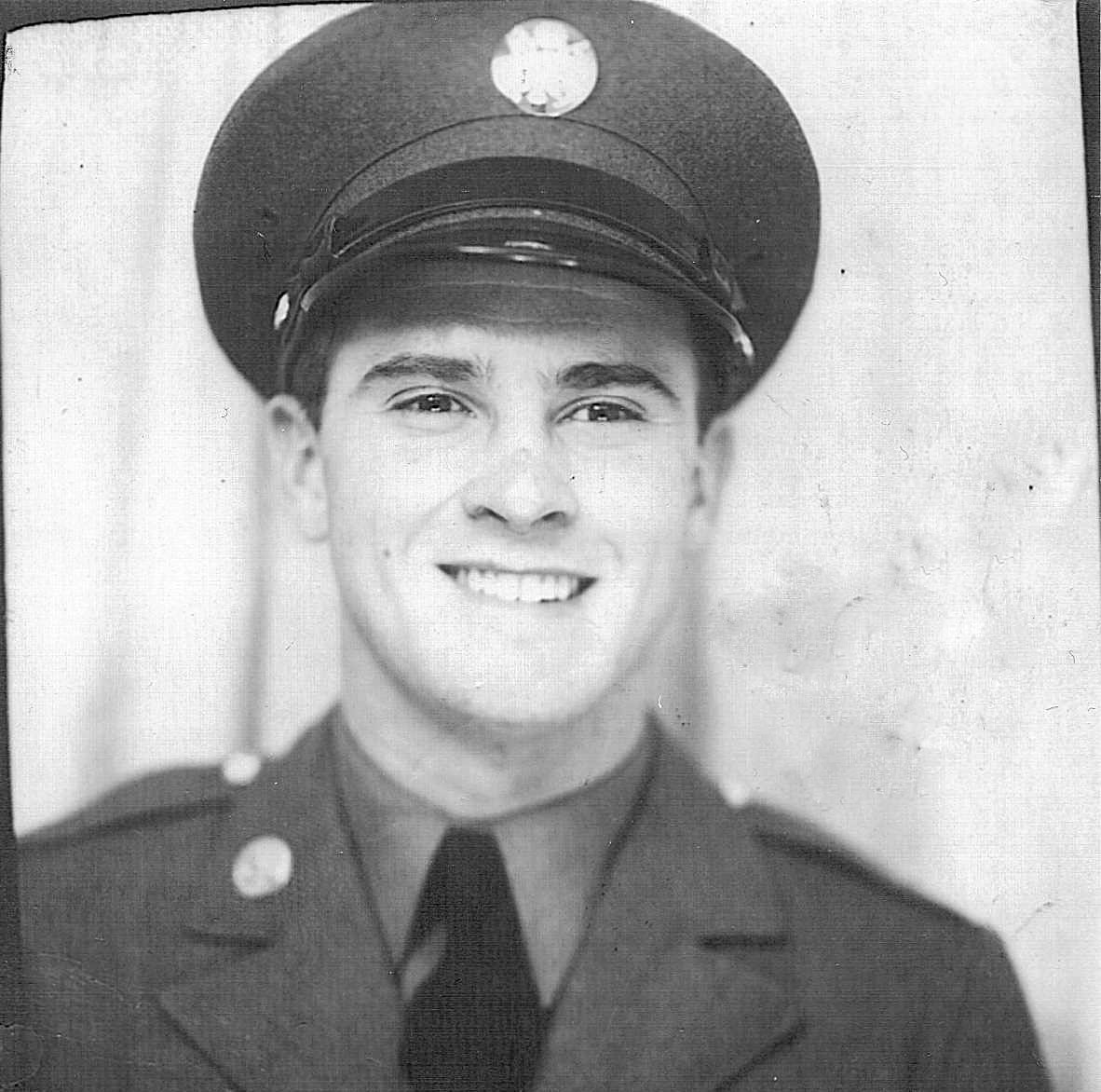

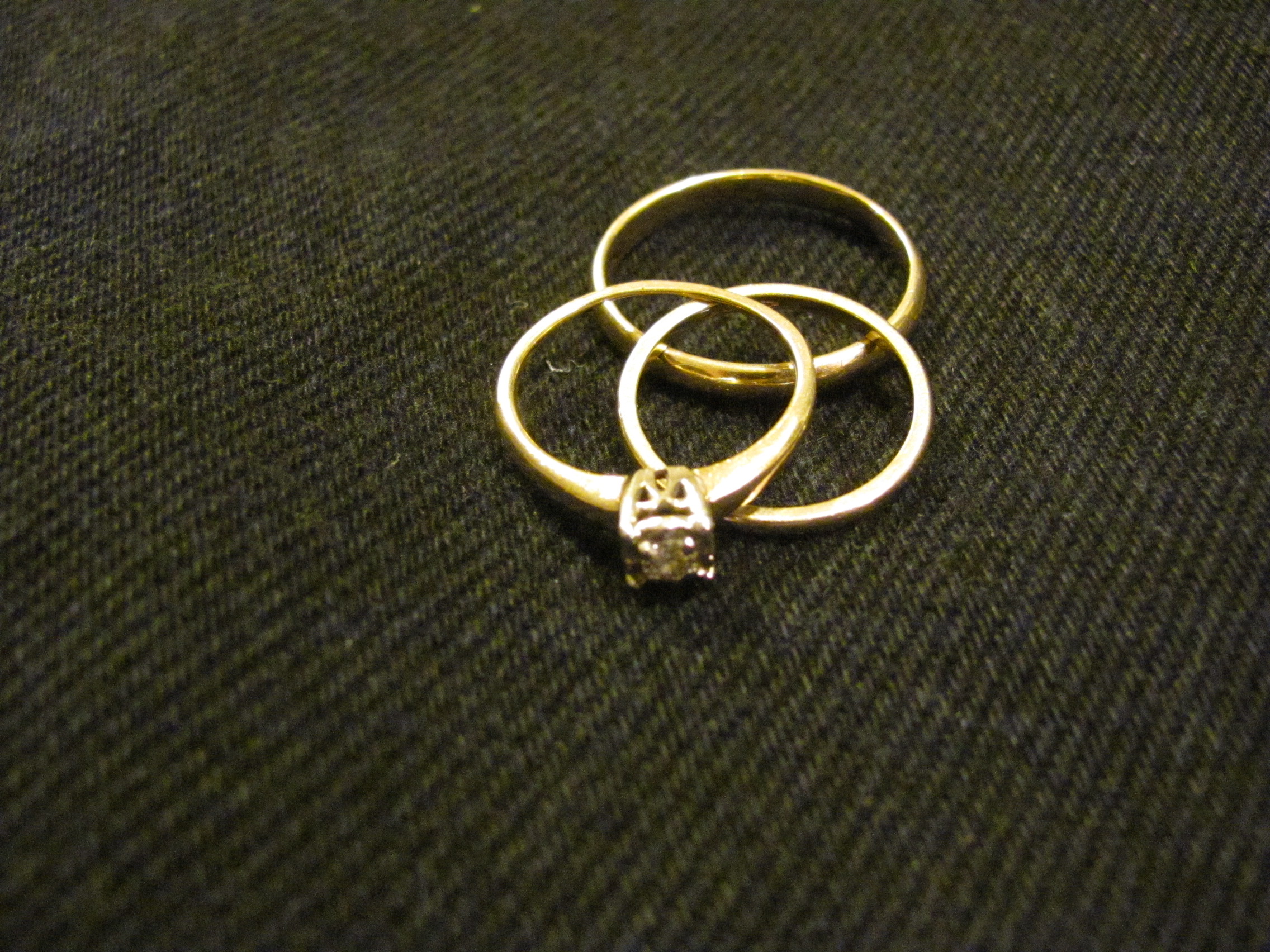
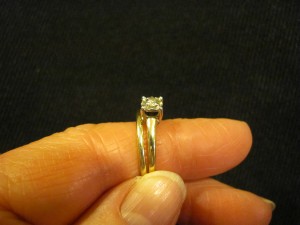
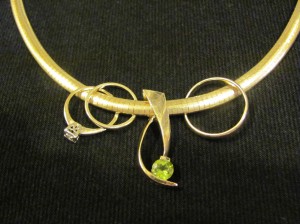 One morning, shortly thereafter, I placed the rings, along with my birthstone, on the necklace. and headed out the door for Mott’s Children’s Hospital at U of M in Ann Arbor, where our baby grandson, Luke, was to undergo open-heart surgery. Throughout the long day and the trying days ahead, I often touched the rings, fidgeting with them, remembering Daddy and Mama’s faithful prayers for me and my family – prayers that are still held in a bowl, each prayer like incense going up before the Lord God (1). At times, I raised my hand to my breast and clutched the rings ever so snugly within my grasp for quite some time, picturing the Father holding my little Luke in His hand, never letting him go. As I did so, I prayed. And prayed. And prayed.
One morning, shortly thereafter, I placed the rings, along with my birthstone, on the necklace. and headed out the door for Mott’s Children’s Hospital at U of M in Ann Arbor, where our baby grandson, Luke, was to undergo open-heart surgery. Throughout the long day and the trying days ahead, I often touched the rings, fidgeting with them, remembering Daddy and Mama’s faithful prayers for me and my family – prayers that are still held in a bowl, each prayer like incense going up before the Lord God (1). At times, I raised my hand to my breast and clutched the rings ever so snugly within my grasp for quite some time, picturing the Father holding my little Luke in His hand, never letting him go. As I did so, I prayed. And prayed. And prayed.